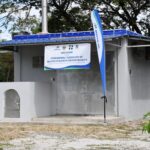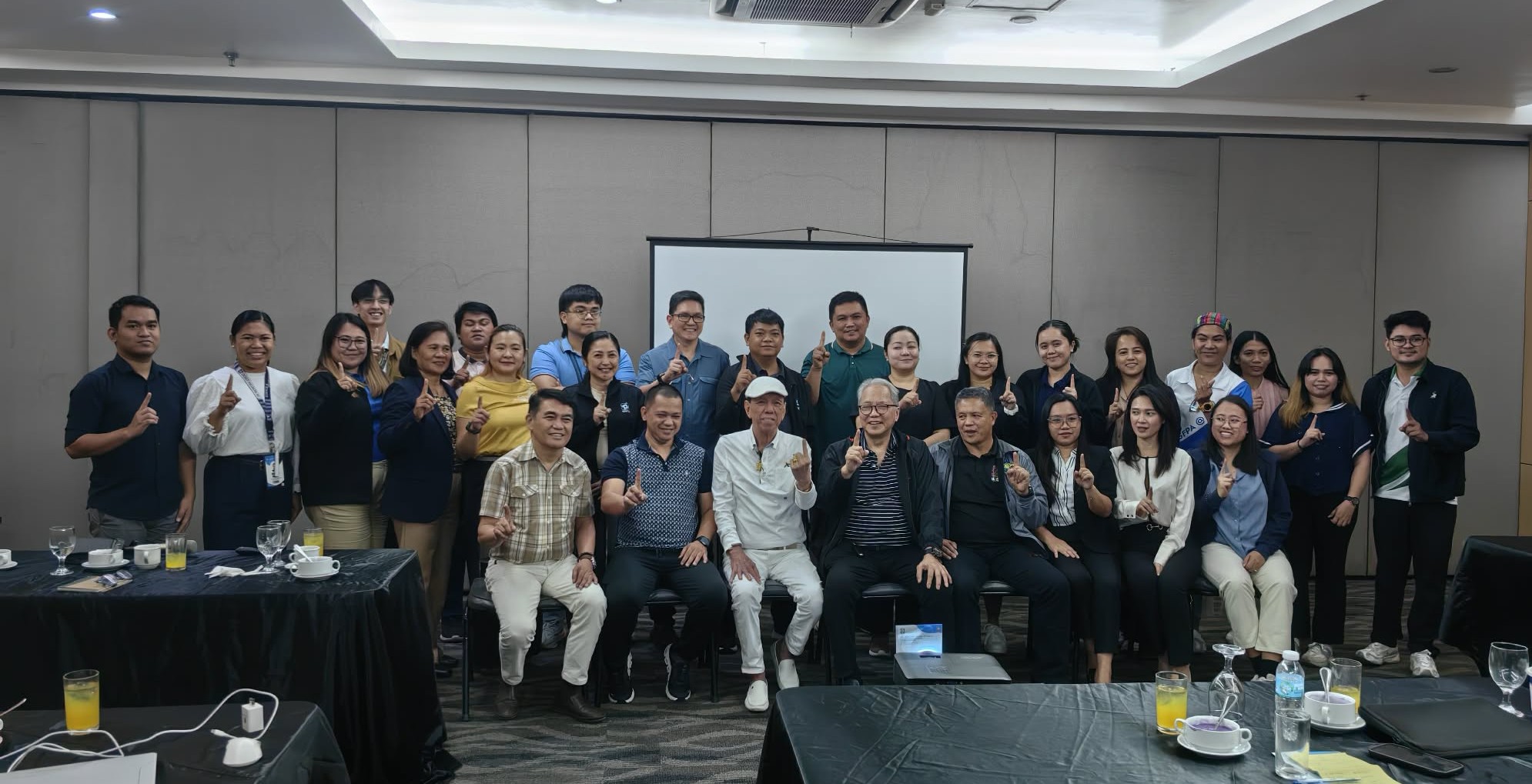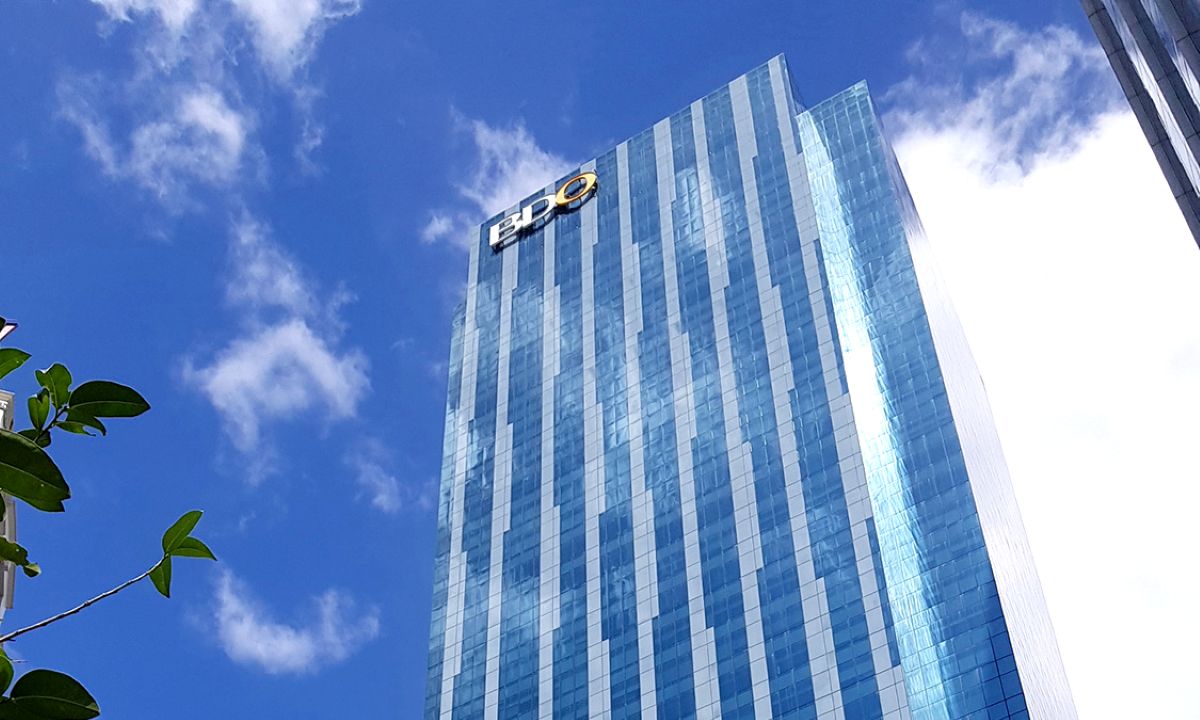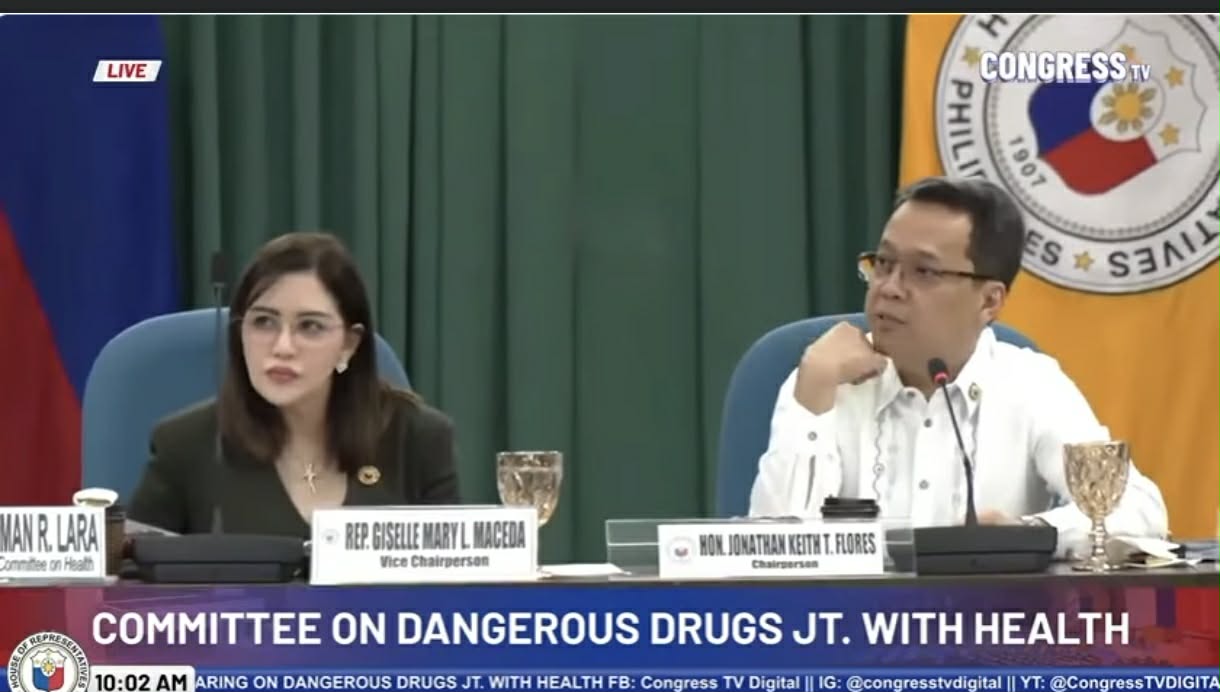President Ferdinand R. Marcos Jr. certified as urgent the enactment of the proposed Magna Carta of Filipino Seafarers on Monday, which will specify the rights and ensure the welfare of Filipino seafarers, including the reintegration program, grievance system, and social welfare benefits.
In a September 25-letter to Senate President Juan Miguel Zubiri, President Marcos raised the need for the immediate passage of Senate Bill No. 2221, titled “An Act Providing for the Magna Carta of Filipinos Seafarers.”
“Pursuant to the provisions of the Article VI, Section 26 (2) of the 1987 Constitution, I hereby certify to the necessity of the immediate enactment of Senate Bill No. 2221,” the President’s letter read.
This is to address recurring deficiencies in the domestic laws pertaining to the training and accreditation of thousands of Filipino seafarers which endanger their employment in the European market in particular, and the global maritime arena, in general.
The President also said that the bill guarantees to the international community that the Philippines will comply with its obligations of ensuring that Filipino seafarers’ training, facilities, and equipment are at par with the international standards and those set by relevant international conventions.
The Magna Carta of Filipino Seafarers was already approved by the House of Representatives (House Bill No. 7325) on final reading on March 6 this year with 304 affirmative votes. The bill is currently pending in the Senate.
After attending the 3rd Legislative Executive Development Advisory Council (LEDAC) meeting in Malacañang last week, Zubiri said that the Magna Carta of Filipino Seafarers was among the 20 priority pieces of legislation which the President urged Congress to pass by year-end.
The Senate President said that, hopefully, the bill will be passed on third reading by the Senate this week.
In 2021, the Philippines was reported as the top source of seafarers in the world, according to the United Nations Conference on Trade and Development. The country deploys more than 400,000 Filipino seafarers overseas, on average, from 2016 to 2021, according to the Maritime Industry Authority (MARINA).
It can be recalled that the European Maritime Safety Agency (EMSA) flagged the country for not aligning with international maritime safety standards and marine education particularly with the International Convention on Standards of Training, Certification, and Watchkeeping (STCW), putting thousands of seafarers’ jobs at risk. | PND
















